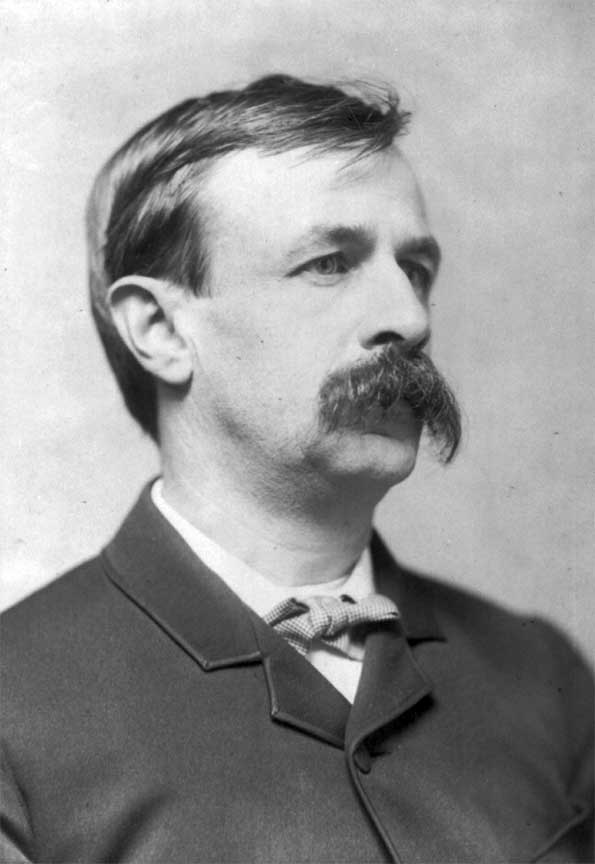Edward Bellamy

Edward Bellamy was born in Chicopee Falls, Massachusetts, on March 26, 1850. Educated in local schools, he studied at Union College in Schenectady, New York for one year before traveling in Europe. After his return to the United States in 1869, he studied law and was admitted to the Massachusetts bar, but never practiced. He began writing for the New York Evening Post, then the Springfield (Massachusetts) Union. In 1880, he and his brother founded and edited the Springfield Daily News, but Bellamy left the paper two year later to focus on literature. He wrote short stories for magazines, many being published in the posthumous collection The Blind Man’s World and Other Stories (1898), as well as novels, such as The Duke of Stockbridge (1876), Six to One: A Nantucket Idyll (1878), Dr. Heidenhoff’s Process (1880) and Miss Ludington’s Sister (1884).
Bellamy’s interests turned toward social reform, and he devoted two years to the writing of his most famous work, Looking Backward: 2000-1887 (1888). In it, he created a utopian socialist society with a planned economy, peace and security. While Bellamy supported a "Nationalist" dogma, he decried Marxian socialism and class warfare. The book sold about a million copies, and people across the country created Nationalist clubs to discuss the book and the implications of its philosophy. In 1891, in order to further promote his Nationalist ideals, Bellamy founded the New Nation, a weekly newspaper, in Boston. Because of declining health, however, he had to give up the paper in 1894, and he spent his remaining years writing a sequel to Looking Backward -- Equality (1897). Bellamy died in Chicopee Falls, Massachusetts, on May 22, 1898.
 >
>